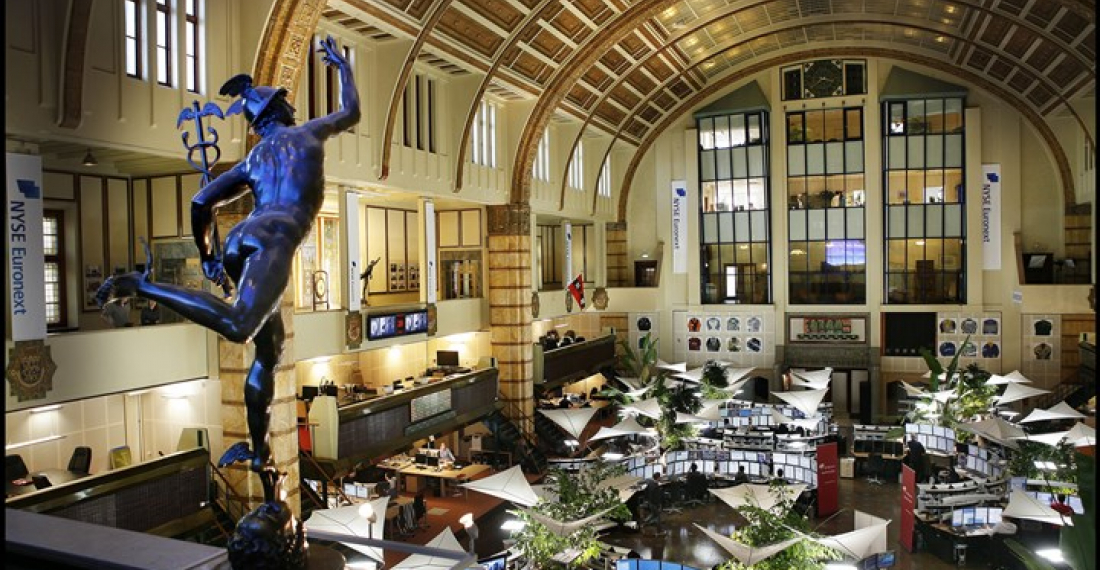The capital of the Netherlands, Amsterdam, has become increasingly popular for financial institutions since Great Britain departed from the European Union’s single market. Last month, Amsterdam overtook London as the largest European trading centre for shares.
Last January, an average of EUR 9.2 billion per day in shares and derivatives was traded on the Euronext in Amsterdam and the Dutch branches of the Chicago Board Options Exchange (CBOE) and Turquoise. In London, previously the largest share centre, an average of 8.6 billion dollars per day was traded in the same month.
This makes Amsterdam the new European centre for capital markets. Various financial institutions moved from London to Amsterdam in recent years because the European Union does not grant the British regulator the same status as its supervisors. Without this so-called equivalence clause - to facilitate cross-border trade - there has been a €6.5 billion shift of deals to the EU since the end of last year.
The majority of trade takes place digitally. As a result, the number of new, Dutch jobs created due to the moves is limited.







